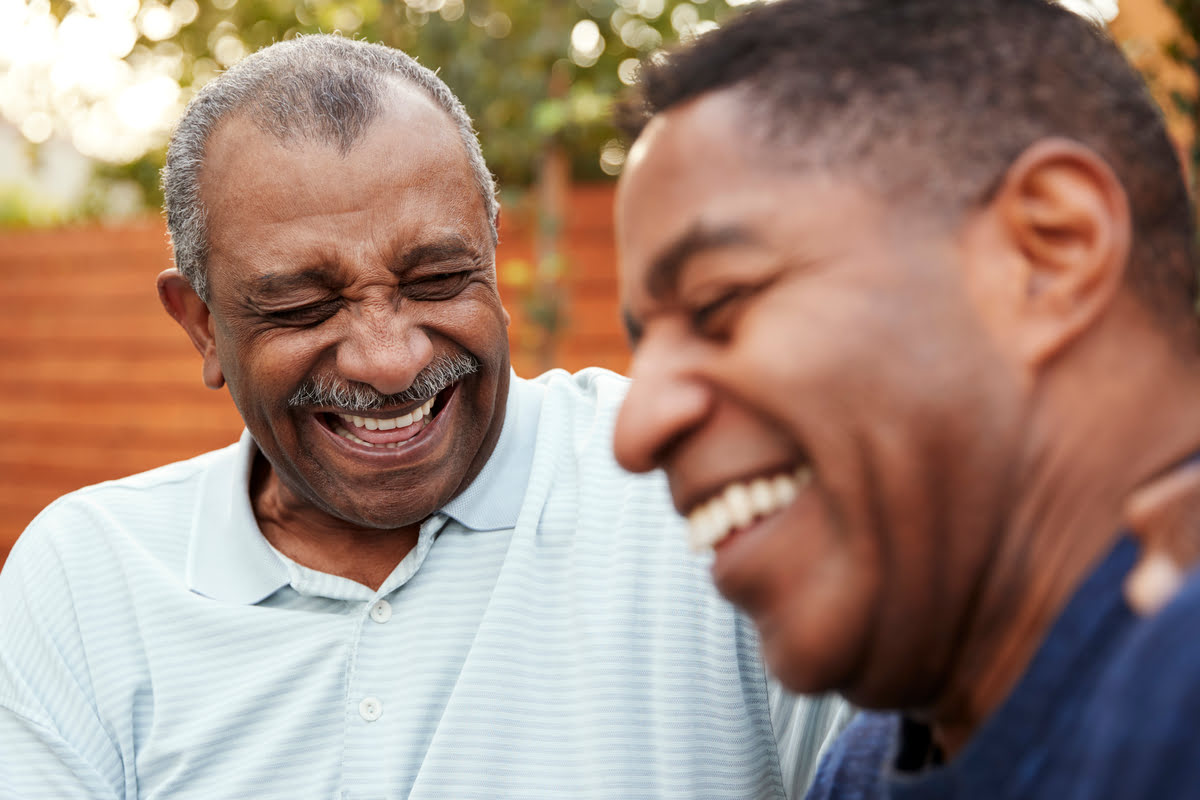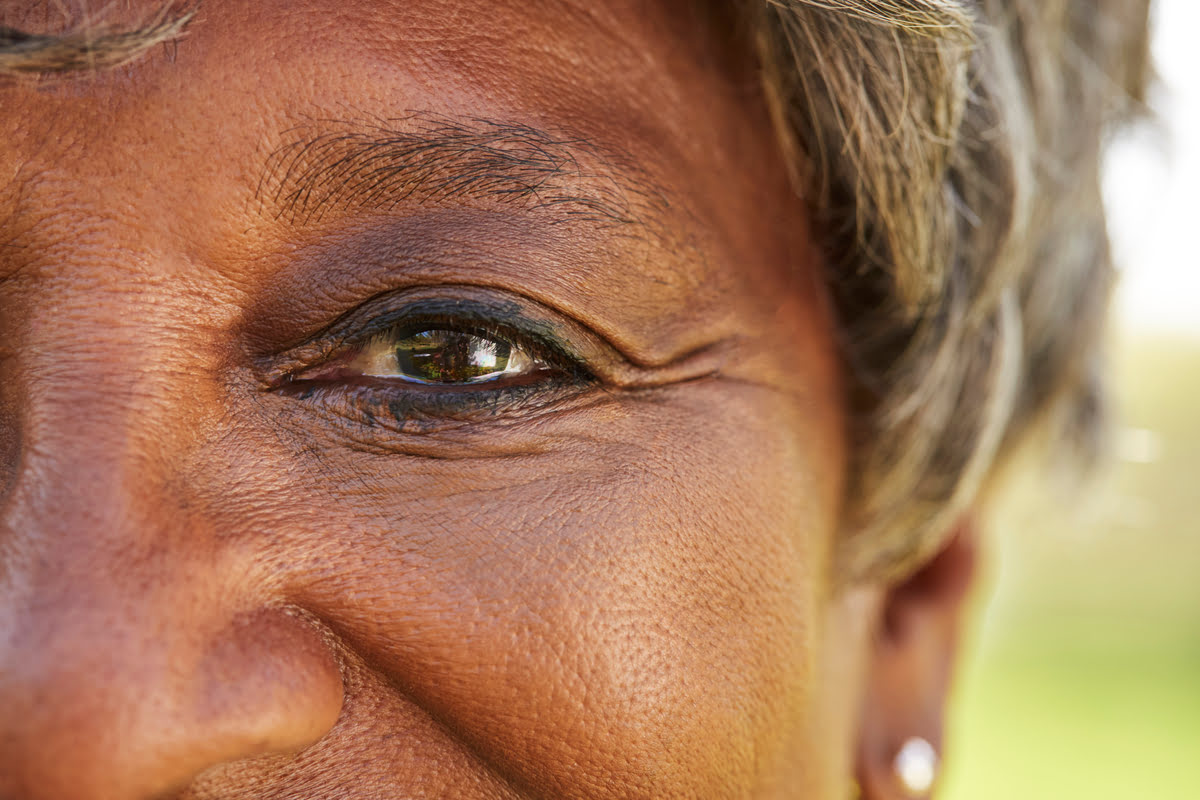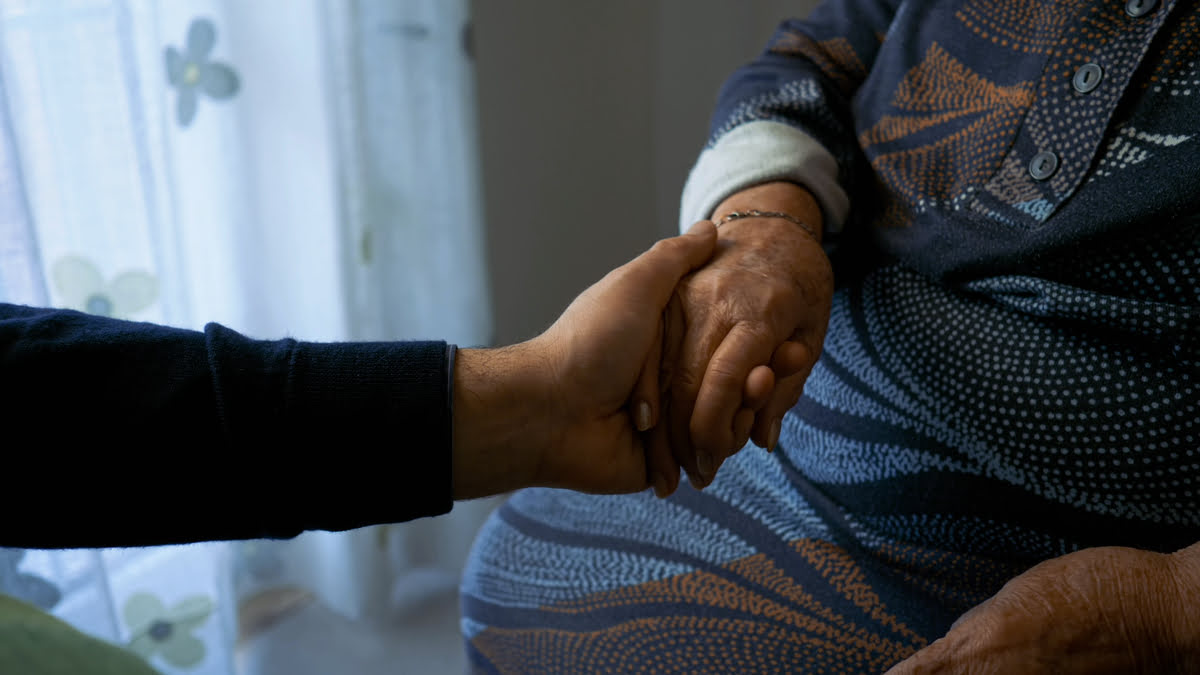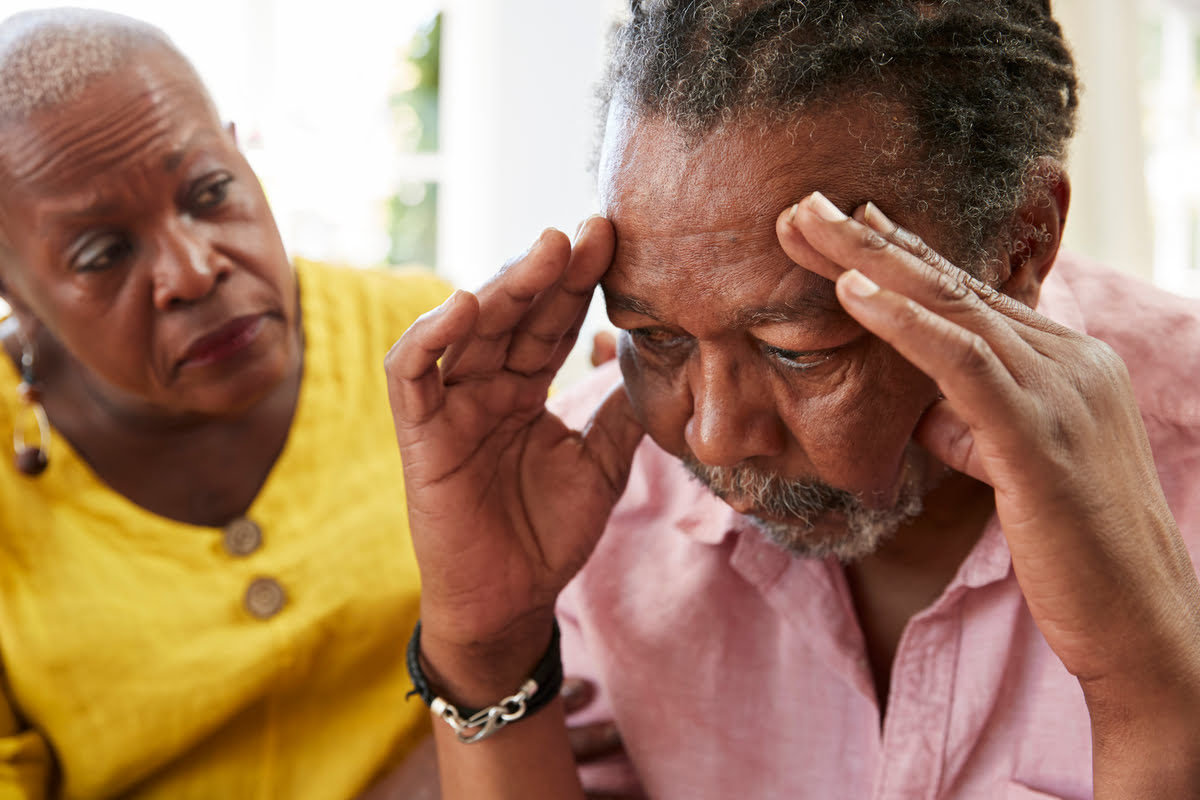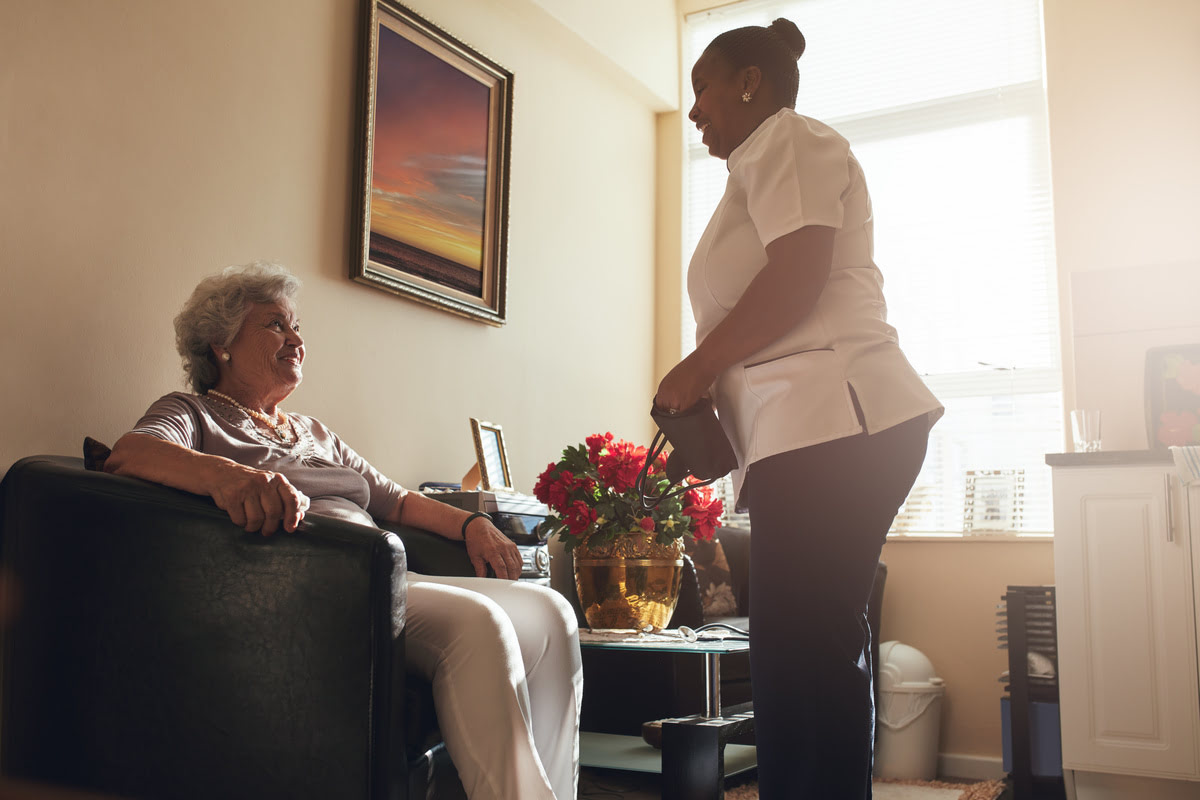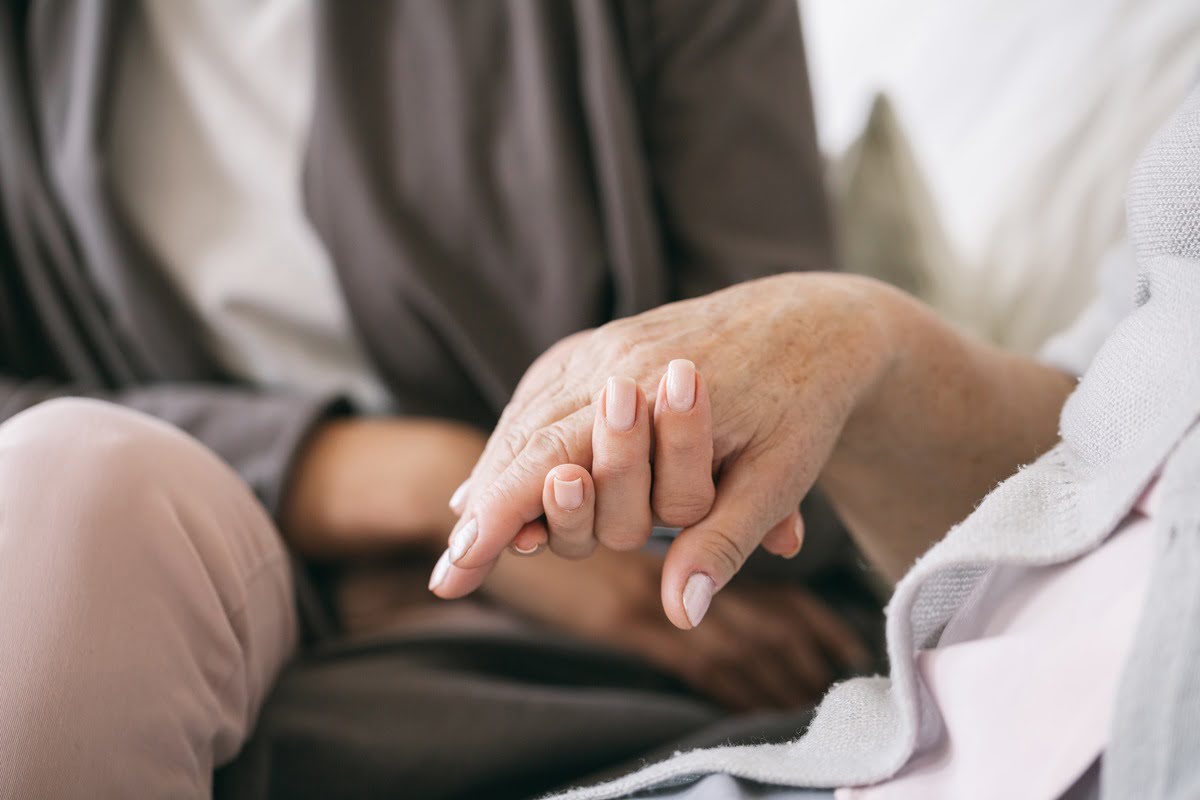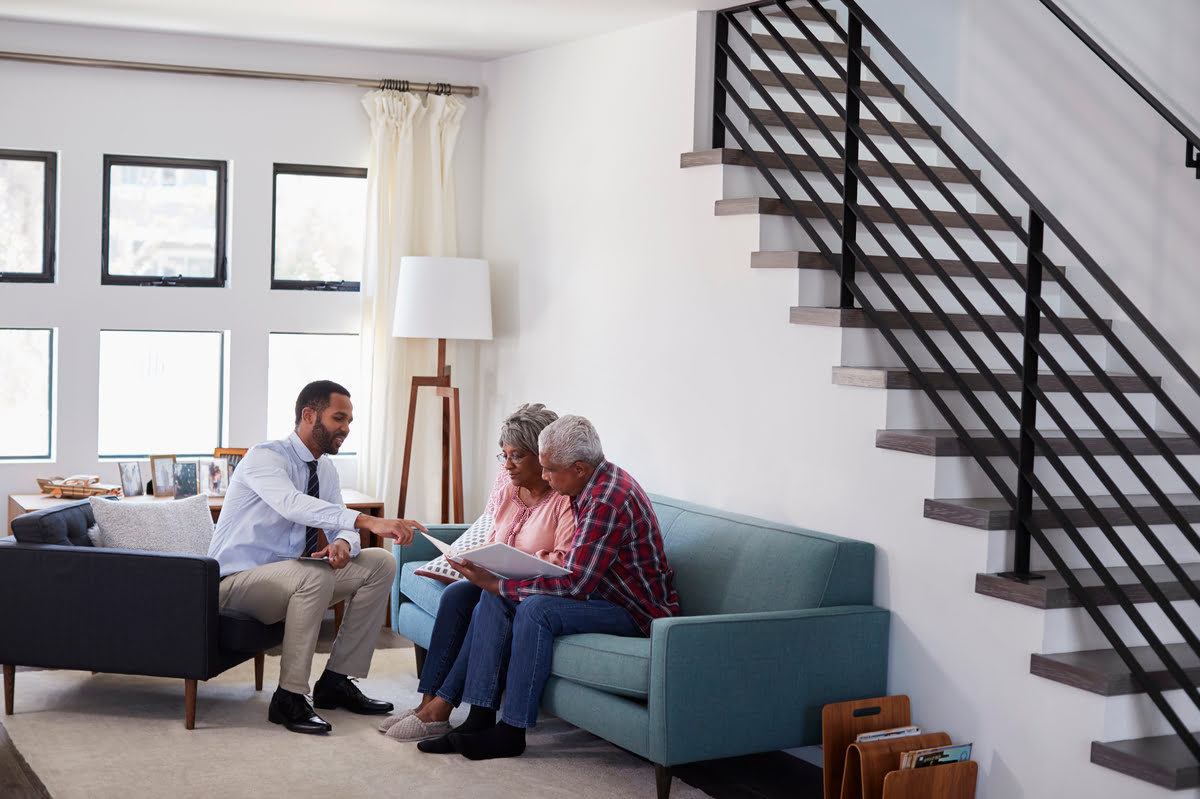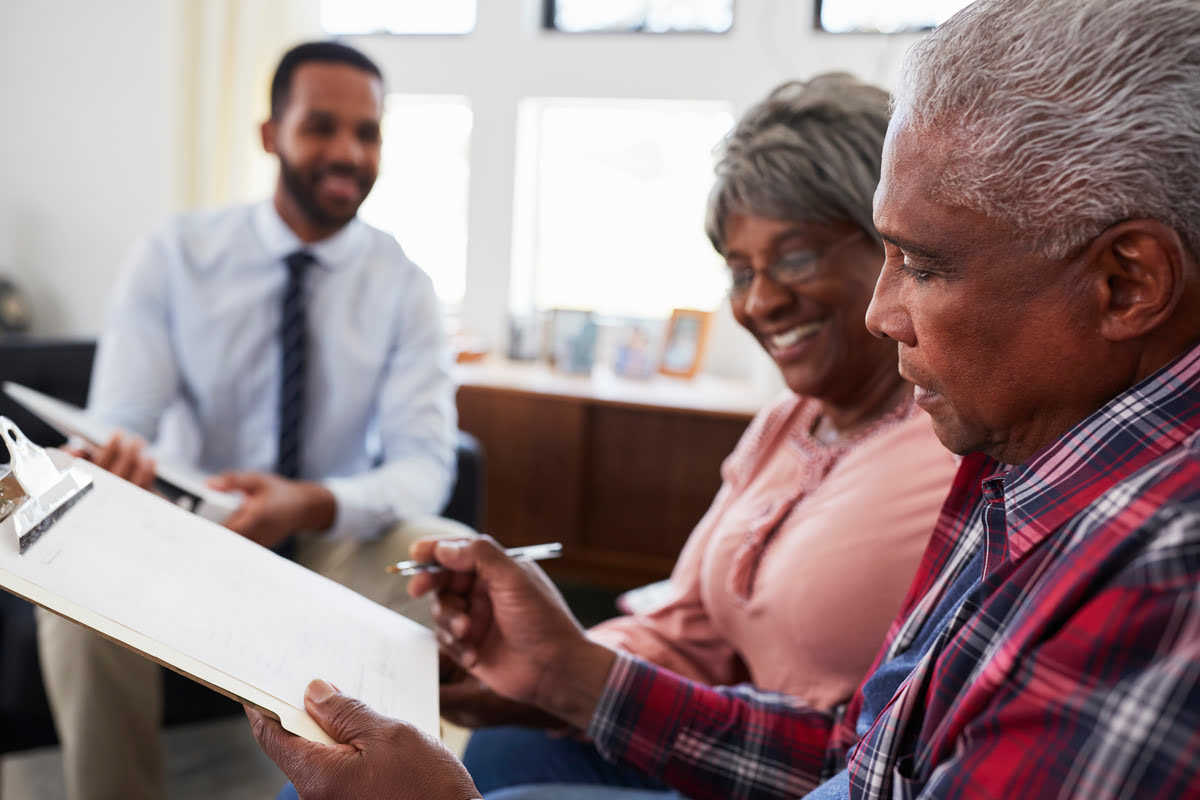There is a common misconception that women are better caregivers than men. In reality, men are just as capable of providing exemplary care as women. In fact, caregiving proves mutually beneficial for the patient as well as the individual providing care. A recent study shows men who provide care for others are less likely to commit suicide.
About the Study
The researchers who conducted the study included men who provided care to family members. These men lived in nearly two dozen different countries during the study. The suicide rates were lower in nations where men provided more family care, regardless of whether that care was for adults or kids. This means there is an inherent benefit to performing family care work. The benefit is so strong that it reduces the chances of suicide. This is an important finding as researchers had typically focused on areas of employment as potential factors that influence suicide rates.
Most people errantly assume the lack of income or economic success is the sole cause of male suicide. However, as the study noted above shows, simply providing care to others, regardless of their age or unique condition, appears to lower the risk of male suicide.
Additional Study Details
It is particularly interesting to note the study also higher unemployment rates did not link to an elevated suicide rate in men in nations where men took on more care-oriented roles. However, in nations where men reported less involvement in providing care, the elevated unemployment rates were tied to an increase in the suicide rate.
The mere fact that the female suicide rate did not significantly increase as more women entered the workforce in the past century is proof that providing care is mutually beneficial to caregivers and those receiving care. Women have maintained their roles as the primary caregivers in spite of the fact that most now have part-time or full-time employment.

Caregiving’s Latent Benefit Is Becoming Quite Clear
Caregiving clearly provides both men and women with an important connection to fellow human beings, be it those in their family or those who are a part of the larger community. People are quietly craving for meaning in life and new connections. The dependence on others gives one meaning and a reason to continue moving forward with life, reducing the chances of suicide, and also helping the caregiver feel that much more fulfilled.
If you are looking for a job that provides you with the opportunity to give back to others, consider becoming a caregiver. Working as a caregiver gives your life that much more meaning and helps you obtain a sense of satisfaction from work.
Get Home Care in Philadelphia Through AmeriBest
Do not suffer through your injury, illness, old age, or other challenges in silence. If you can benefit from home care or if you know someone who can – contact us today. You can reach our Philadelphia home care services providers by phone at 215-925-3313 or by email at info@ameribest.org

